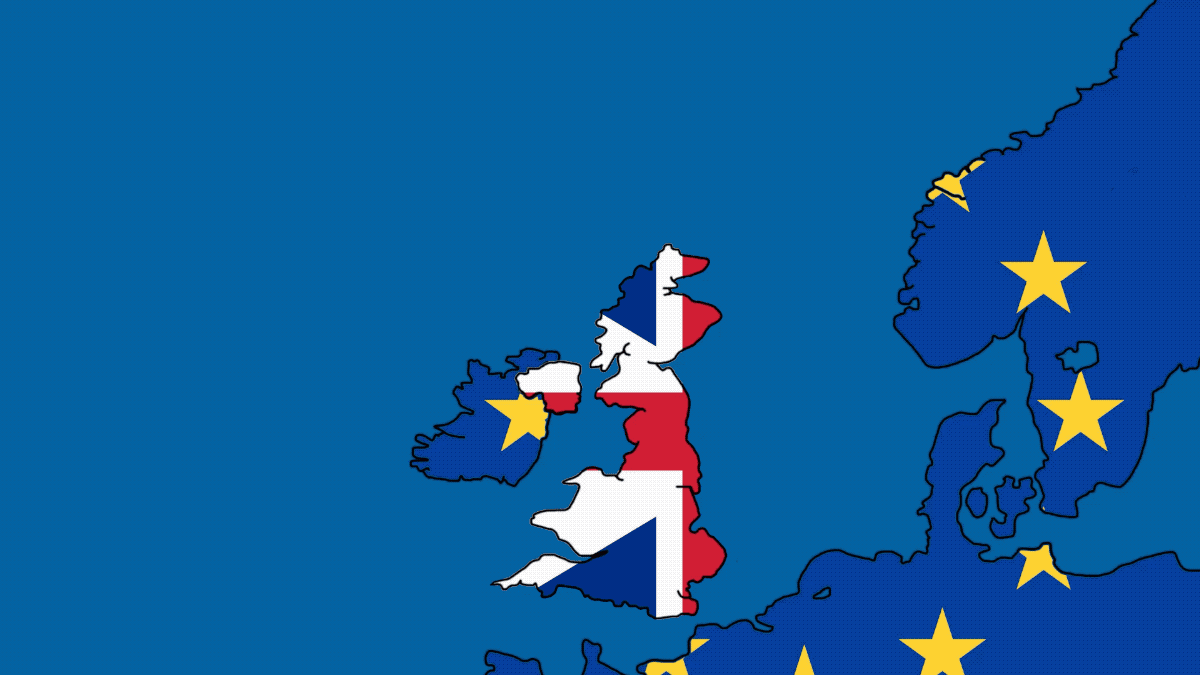
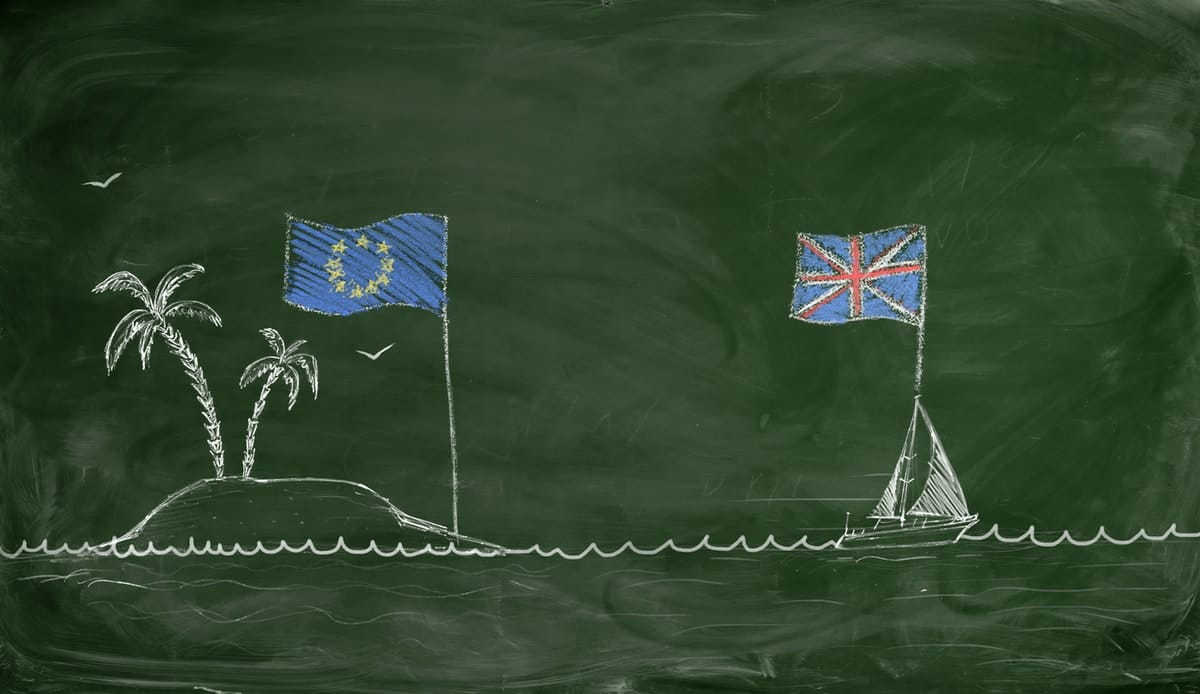
Boris Johnson has achieved what Theresa May could not: win a working majority to get Brexit done.
But, in reality, Johnson’s deal is Theresa May’s Withdrawal Agreement redux, with one important addendum – it’ll leave Northern Ireland notionally within British customs territory. However, the EU will have de facto regulatory authority over tariffs and goods entering and leaving Northern Ireland.
If you thought this was the end of Brexit, prepare to be disappointed; it’s only the beginning. Once Johnson passes the Withdrawal Agreement through Parliament in time for a 31 January, 2020, exit from the EU, this will inaugurate a transition period through to 31 December, 2020. This, Johnson argues, is sufficient time to negotiate the UK’s future relationship with the EU, which will most likely comprise a free trade agreement (FTA).
Years in the making
But wait. Not so fast.
At a minimum, FTAs take three years to negotiate. The China-Australia FTA took 10 years; the Trans-Pacific Partnership (TPP) took seven – or 10, if you count the Trumpian edition that was signed in 2018; and the EU-Canada FTA negotiations stretched over 12 years. Signed in 2016, it’s yet to enter into force. Moreover, as an EU member, the UK has automatic access to about 40 bilateral and plurilateral FTAs, including the important Japanese, South Korean and Canadian markets. Once it Brexits, it loses all of them.
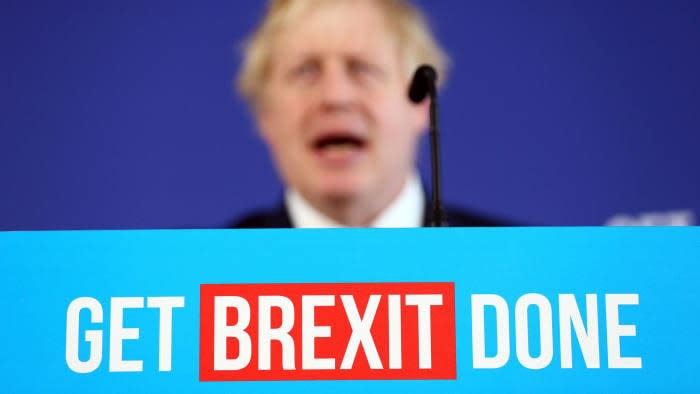
Thus, Johnson will be pushing merde up hill if he thinks even a minimalist FTA encompassing goods only could be done inside 12 months. It can’t. FTAs are among the most complex and tedious forms of international negotiation. Johnson knows this only too well; leaks during the election revealed that the UK has secretly conducted six rounds of trade talks with the Trump administration. Moreover, the leaks show that the US Trade Representative prefers a no-deal Brexit, where London would no longer be governed by Brussels’ rules. Yes, even before Brexit is done, Washington has started dictating terms.
Following Brexit, Johnson can still opt out of signing an EU trade deal, although the impact of this would be catastrophic for both the UK and EU economies. An EU-UK customs union in goods is off the table, because it would restrict the UK’s ability to sign FTAs with third parties. The so-called “Norway-plus” option is also a non-starter, because it would simply place Britain under EU rules in a “pay and obey with no say” scenario. Thus, a wide-ranging FTA is the only realistic option on the table.
Britain as the new Singapore
But there’s one other alternative: transforming Britain into the “Singapore of Europe”, a low-tax, lightly regulated financial services and investment centre, anchored off the coast of Europe. This, if it came to pass, would send shivers up the spine of Brussels, as investment capital would run, not walk, to London.
Following Brexit, Johnson’s problem is that Trump will likely demand trade concessions that will be politically difficult for Westminster to give him: limited liability for US tech firms; deep access to UK public procurement markets; and submitting to investor-state dispute settlement (ISDS). Washington wants “total market access” in any UK-US FTA.
If you think Brexit isn’t about tax, think again.
This would give Trump’s administration carte blanche to pick off the juicy parts of the British economy. Despite Trump’s public protestations to the contrary, the UK National Health Service (NHS) is very much on the agenda, with the US government seeking zero restrictions on its firms’ access to UK service supplier markets. UK drug prices under the NHS are currently capped, but that could easily change. The abortive EU-US Transatlantic Trade and Investment Agreement (TTIP), abandoned in 2015, is indicative of the British government’s priorities. Under TTIP, Britain could have ring-fenced the NHS; it opted not to.
Make no mistake: Big Pharma and other multinationals on Capitol Hill ran a successful lobbying campaign that brought you the TPP. Australia had to shirtfront the US on biologics and patent evergreening to stop Washington gaining a complete regulatory victory over the governance of pharmaceutical intellectual property.
London in Trump's sights
Unsurprisingly, Trump views London as easy pickings. For its part, Washington has its own deep divisions with Brussels. France, and the EU, are introducing taxes on the digital economy, hitting Apple, Google and Facebook squarely in the hip pockets. Trump has ordered an inquiry into the French tax. Meanwhile, Microsoft and Google have proven lucrative targets for EU anti-trust regulators. In 2007, Microsoft was hit with the biggest EU fine in history, while in 2019, Google was stung with €1.5 billion in penalties. In 2018, the EU Commission forced Apple to pay back more than €14 billion in taxes owed to the Irish government, due to Irish tax incentives that broke EU rules.
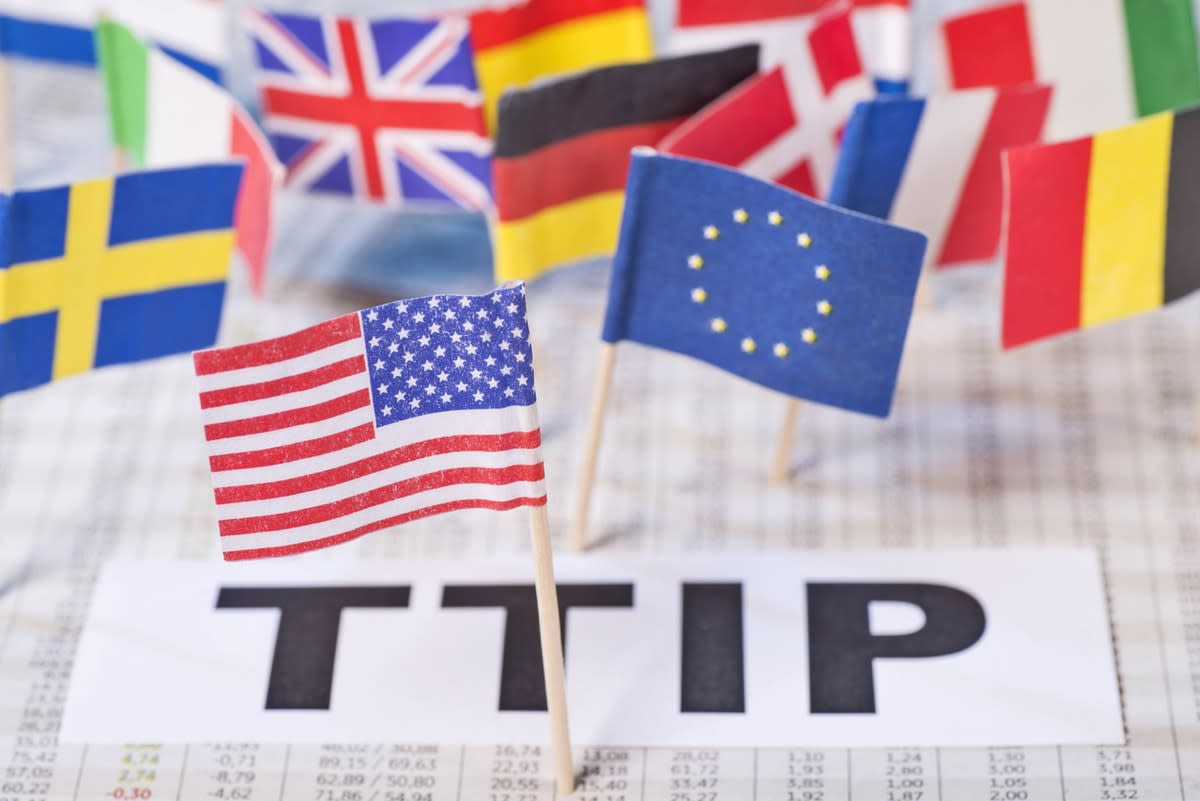
If you think Brexit isn’t about tax, think again. In 2011, at the height of the Greek crisis, the EU sought to implement a financial transaction tax (FTT). Member governments killed the proposal, but it was sufficient to spook David Cameron into promising a Brexit referendum, as he saw only too clearly the FTT’s implications for London, the world’s biggest financial centre. In 2019, the FTT, pressed by Berlin and Paris, has come much closer to fruition. Like the last boat out of Dunkirk, London may have narrowly avoided what it despises most: constraints.
Europe’s reaction to Johnson’s victory has been muted. German business, deeply embedded in the UK manufacturing industry, welcomes clarity and will likely work to ensure a FTA in goods to ensure the integrity of its supply chains. Privately, EU officials are dubious that Johnson can negotiate a UK-EU FTA inside 12 months, indicating Brussels could seek an extension of the transition period beyond December 2020 to save Johnson the political costs of making the request himself.
The bottom line is that no country has ever become more prosperous by abandoning regional trade agreements.
In the UK-EU negotiations, Johnson’s leverage is two-fold: the UK supply chain is critical to EU manufacturing, particularly in automotive, while London effectively issues and underwrites much European debt. Almost seven per cent of UK GDP is in financial services, with London accounting for half of that.
The Frankfurt and Paris bourses pale in comparison with the London Stock Exchange’s market cap. But in order to remain competitive, UK banks must retain “passporting” access to the EU Single Market. Swiss banks, long partnered with London to obtain EU financial services access, have already begun the large-scale transfer of assets and offices to the continent. For many UK banks, Brexit began in 2018.
Banks on the move
Both Berlin and Paris have sought to take advantage of Brexit by encouraging UK-based banks to relocate to Frankfurt and Paris. Westpac, CBA and Macquarie are among the Australian banks that have established offices and transferred staff to the continent. As an EU member, the UK financial services sector has unfettered access to the EU Single Market in financial services. London conducts 70 per cent of euro currency-based transactions, more than Germany and France combined, despite Britain’s non-membership of the Eurozone, which accounts for much of the opprobrium from Berlin and Paris.
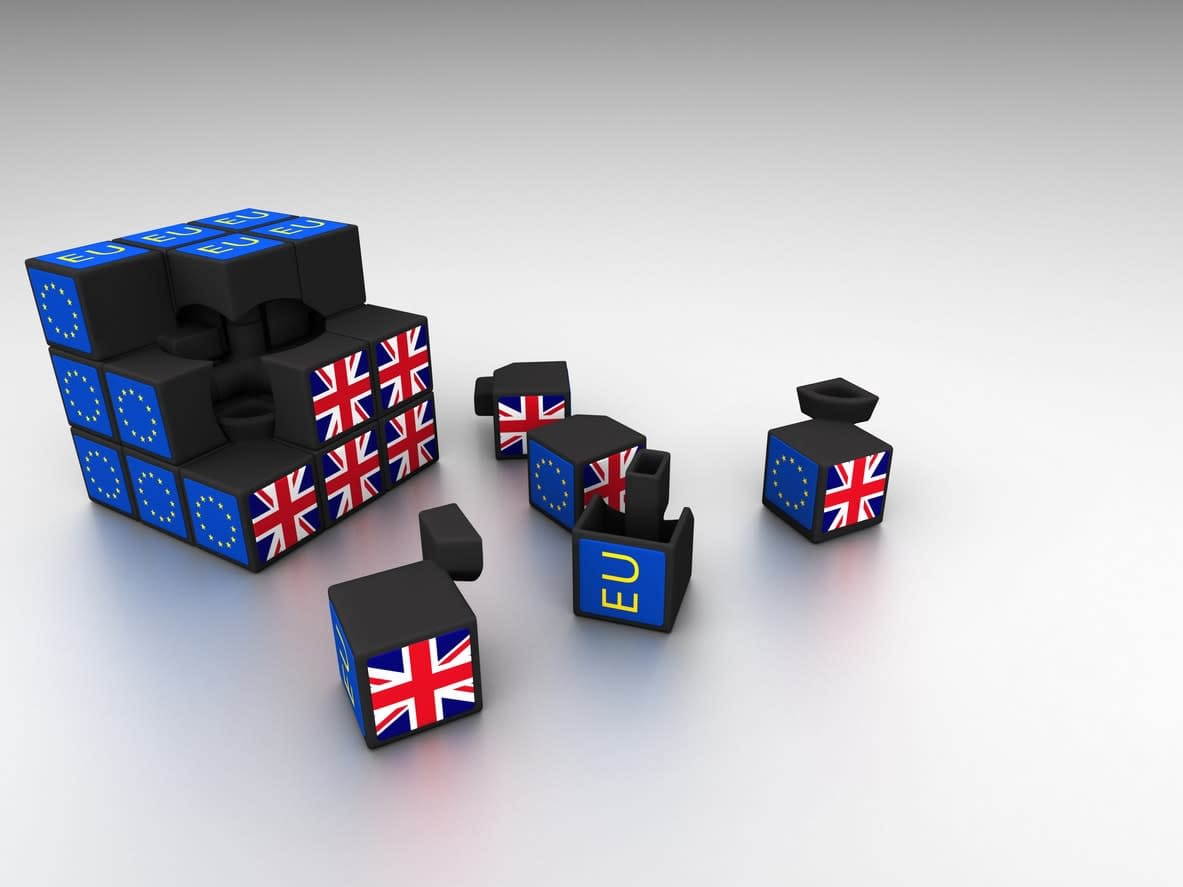
From 2011 until 2015, the European Commission mounted a case against the UK government that sought to deprive London of its lucrative eurocurrency trade; ironically, in a precedential case, the EU’s Court of Justice overruled the commission and reiterated Britain’s right to conduct euro trade. But, following Brexit, the UK will no longer be afforded either the court’s protection or an automatic right to Single Market access.
In 1959, Britain formed EFTA with six of its closest trading partners, including Denmark, Sweden and Switzerland. In 1961, it unceremoniously dumped its EFTA partners and applied for EU membership. The quantitative limits of EFTA markets meant UK growth was stifled. Today, 45 per cent of UK exports go to the EU, while 50 per cent of British imports are sourced from Europe. Sixty years after EFTA, piecemeal FTAs with the US, Canada, Australia and New Zealand are no substitute for UK-EU trade volumes. The bottom line is that no country has ever become more prosperous by abandoning regional trade agreements.





